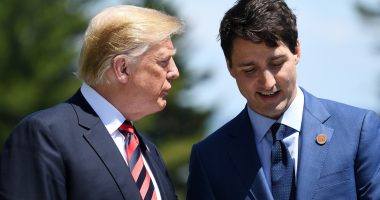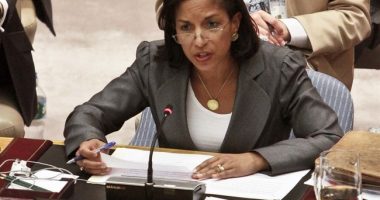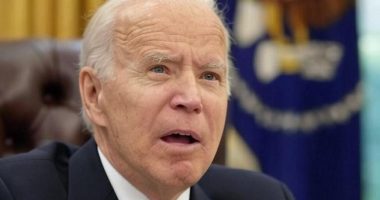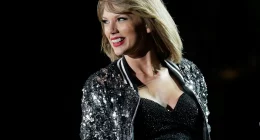Under the proposal announced yesterday by Prime Minister Anthony Albanese, super funds with a balance above $3 million will be taxed at a concessional rate of 30 per cent, up from 15 per cent.
The change would roll in on July 1, 2025, meaning Australians will be able to have their say on it at the next election before it potentially comes into effect.

It’s set to generate $2 billion for the budget, the government claims.
Although the proposed change won’t take place this term, critics have claimed the federal government has broken a pre-election promise that there would be no major changes to superannuation.
This, Chalmers told Today, was a “modest” change that would leave “99.5 per cent) of people unaffected.

“It leaves all of the fundamentals of superannuation in place, but it makes the superannuation tax concessions a bit more sustainable,” he said.
“It makes the budget a bit more responsible. That is our responsibility to the Australian people.”
Chalmers also said no election promise had been broken, insofar that he claimed that in Opposition, Labor had said they were not “considering” any major changes to super – which was, at that point, true.
Read Related Also: MONDAY AT 4PM EASTERN: 'Five O'Clock Somewhere' with Kruiser, VodkaPundit, Special Guest Storm Paglia
“It wasn’t something that we were contemplating before the election, in fact it wasn’t something that were contemplating before the budget either,” Chalmers said.
But with interest rates continuing to rise and pressures on Australians intensifying, Chalmers said, considerations had changed.
“We understand that when you make an announcement like we did yesterday, sometimes it come with a political cost, but our overwhelming responsibility to the Australian people is to try and do the right thing,” he said.

Revealed: Top 10 most expensive cities in the world to live
He said he didn’t think there was any need to apologise for the backflip.
“Some of these pressures on the budget are getting harder, rather than easier,” he said.
Asked if the government would look at taxing trust accounts, negative gearing, or capital gains, the treasurer answered, “It is not something we have been considering”.








